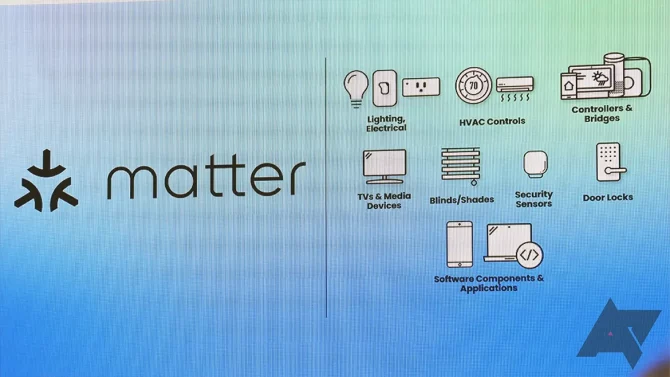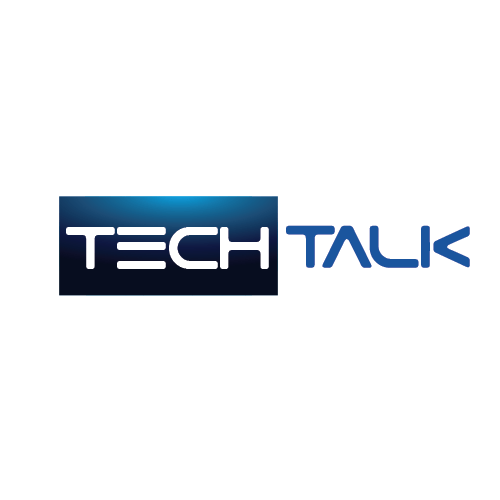
Matter 1.1: Enhancing Battery-Powered Device Support and Simplifying Certification
Matter 1.1 significantly bolsters the compatibility of battery-powered devices and streamlines the process of obtaining product certification.
The Matter smart home standard has undergone a lengthy gestation period and was finally unveiled to great acclaim in late 2022. Major industry behemoths such as Google, Amazon, and Apple wholeheartedly embraced this initiative, aiming to establish a novel platform that facilitates seamless interaction among smart home manufacturers and all other facets of domestic life. Approximately six months later, the consortium responsible for this standard released Matter 1.1, albeit on a much smaller scale than anticipated.
Matter 1.1 primarily focuses on simplifying the certification procedure for developers and companies. Firstly, it introduces elucidations and refines the specifications, rendering them more accessible and conducive to delving into the standard. This improvement is further fortified through an enhanced automated testing process. Given that the software development kit (SDK) is open-source, the certification body is also dedicated to refining the contribution process for developers, enabling them to incorporate additional device types with greater ease.
The latest iteration of the standard introduces enhanced support for battery-operated devices, known as Intermittently Connected Devices (ICDs). Numerous temperature, contact, and motion sensors rely on batteries, causing them to intermittently enter a state of deep sleep when not in use, temporarily losing connection with the rest of the smart home network (hence the name). Matter 1.1 facilitates comprehension within smart home ecosystems that these devices remain active and integral to the system, even if their radios are currently deactivated. Consequently, this should mitigate erroneous offline notifications.
Following the launch of Matter in 2022, a total of 1,135 new devices obtained certification for the standard, with an additional 60 companies joining the alliance. However, despite its unifying aspirations, the standard is encountering challenges in achieving full harmonization. Philips Hue has postponed the integration of Matter into its Hue Bridge, without providing a definite rescheduled date. Likewise, Belkin’s smart home brand, Wemo, announced a temporary halt in the development of Matter for its devices, despite incorporating some of the same foundational technologies, such as Thread, in its products.
Another update for Matter is expected later this year, which will introduce new device categories including robotic vacuums, appliances, cameras, and energy management systems. Nonetheless, it may still require a considerable amount of time before the most exceptional smart home devices are brought together under this unified standard.





